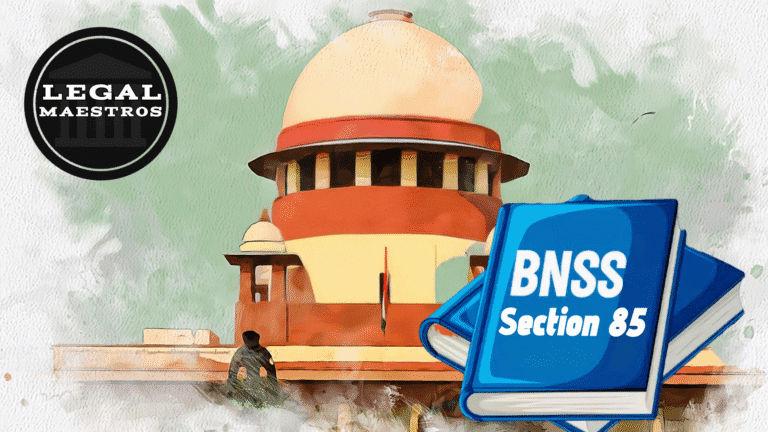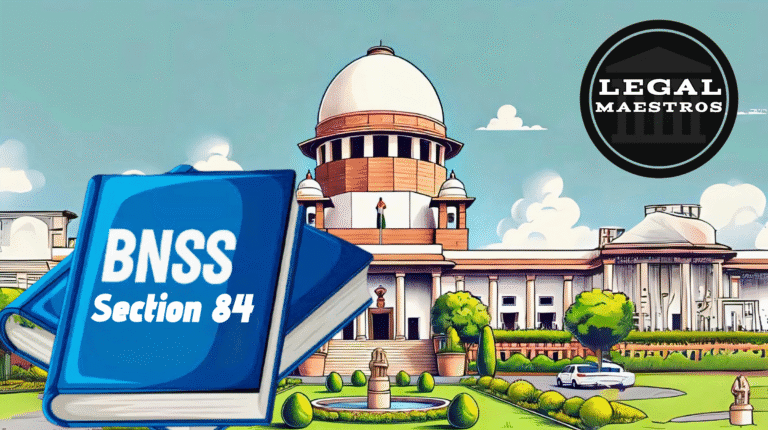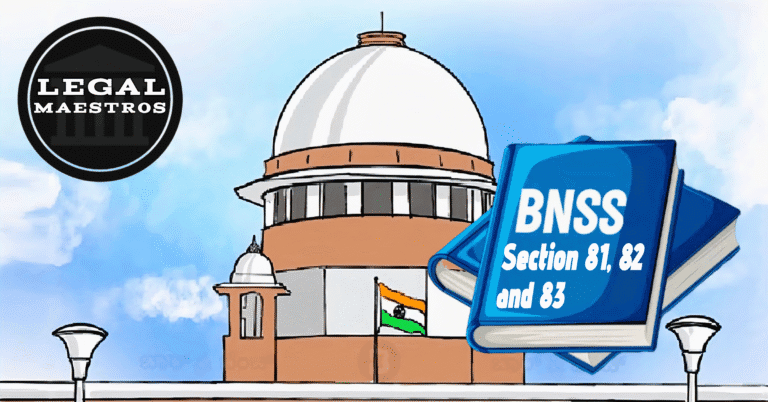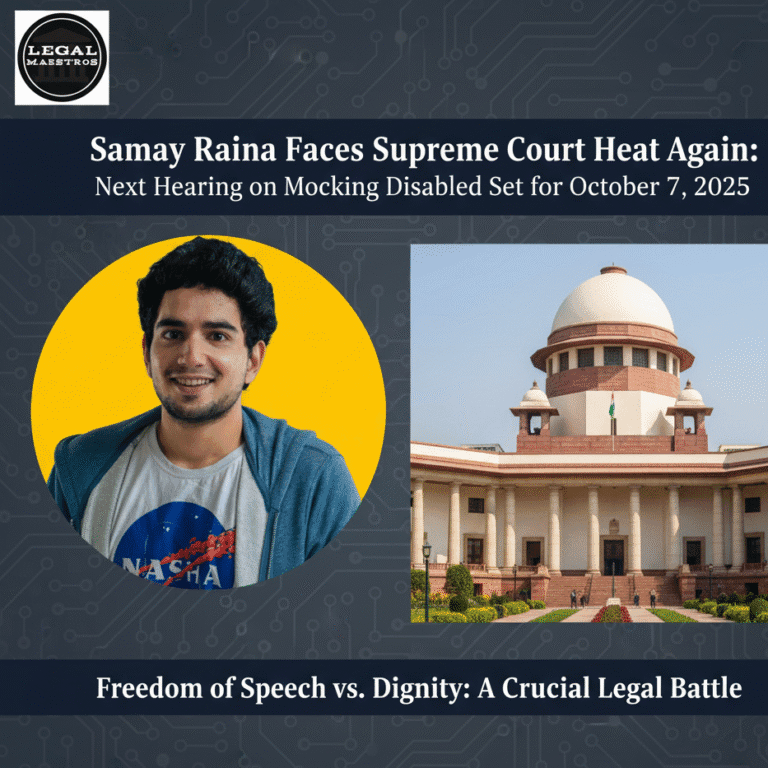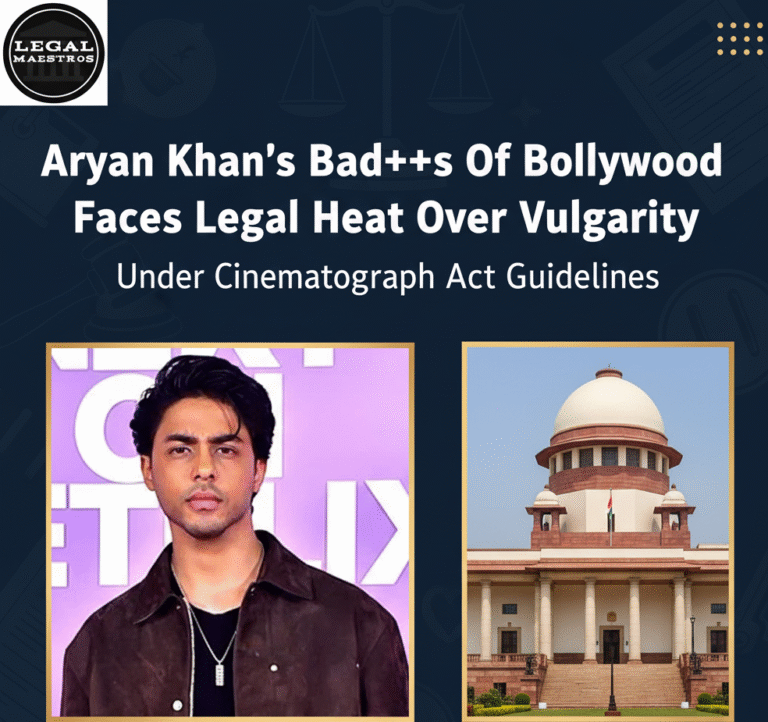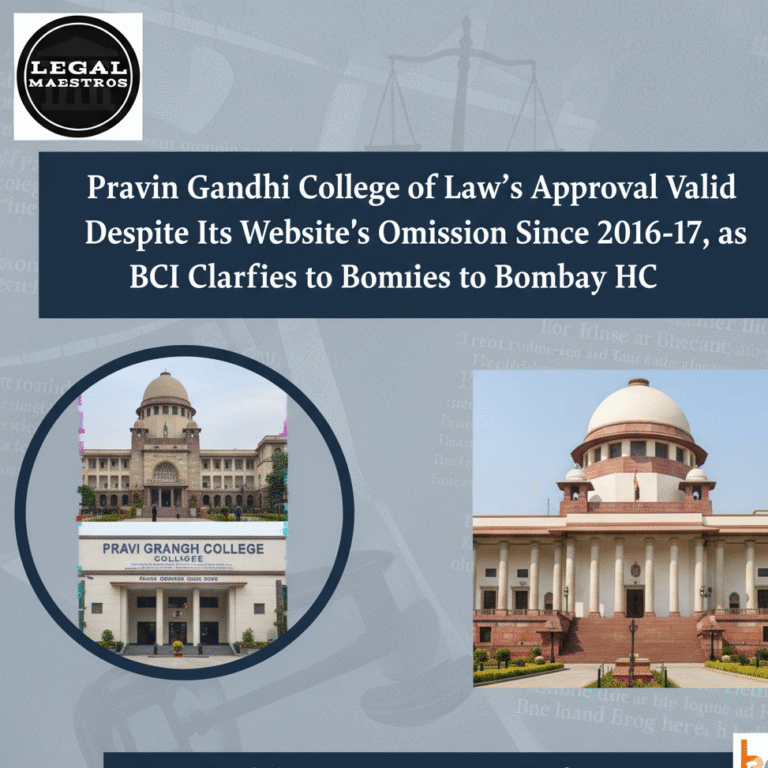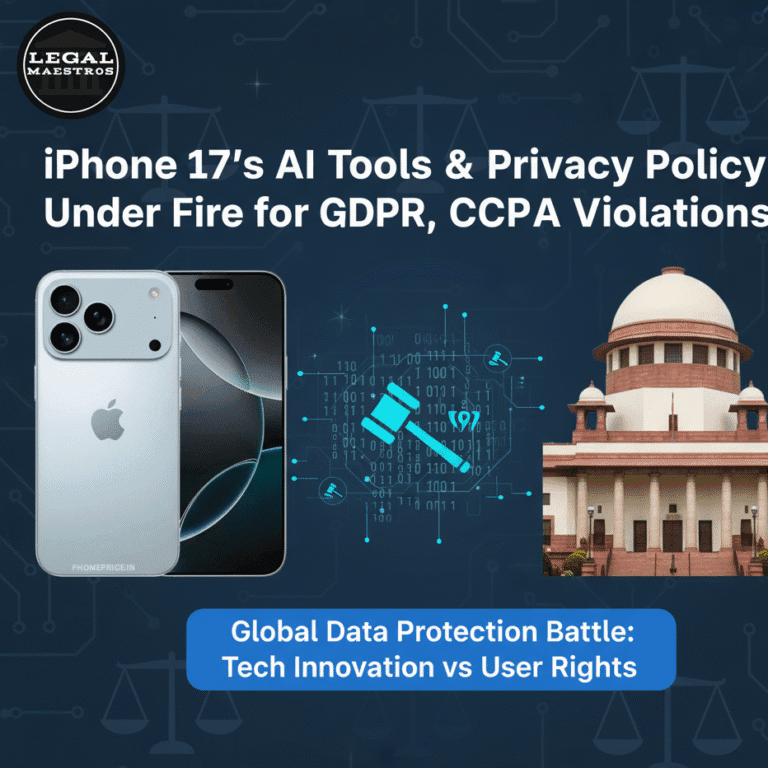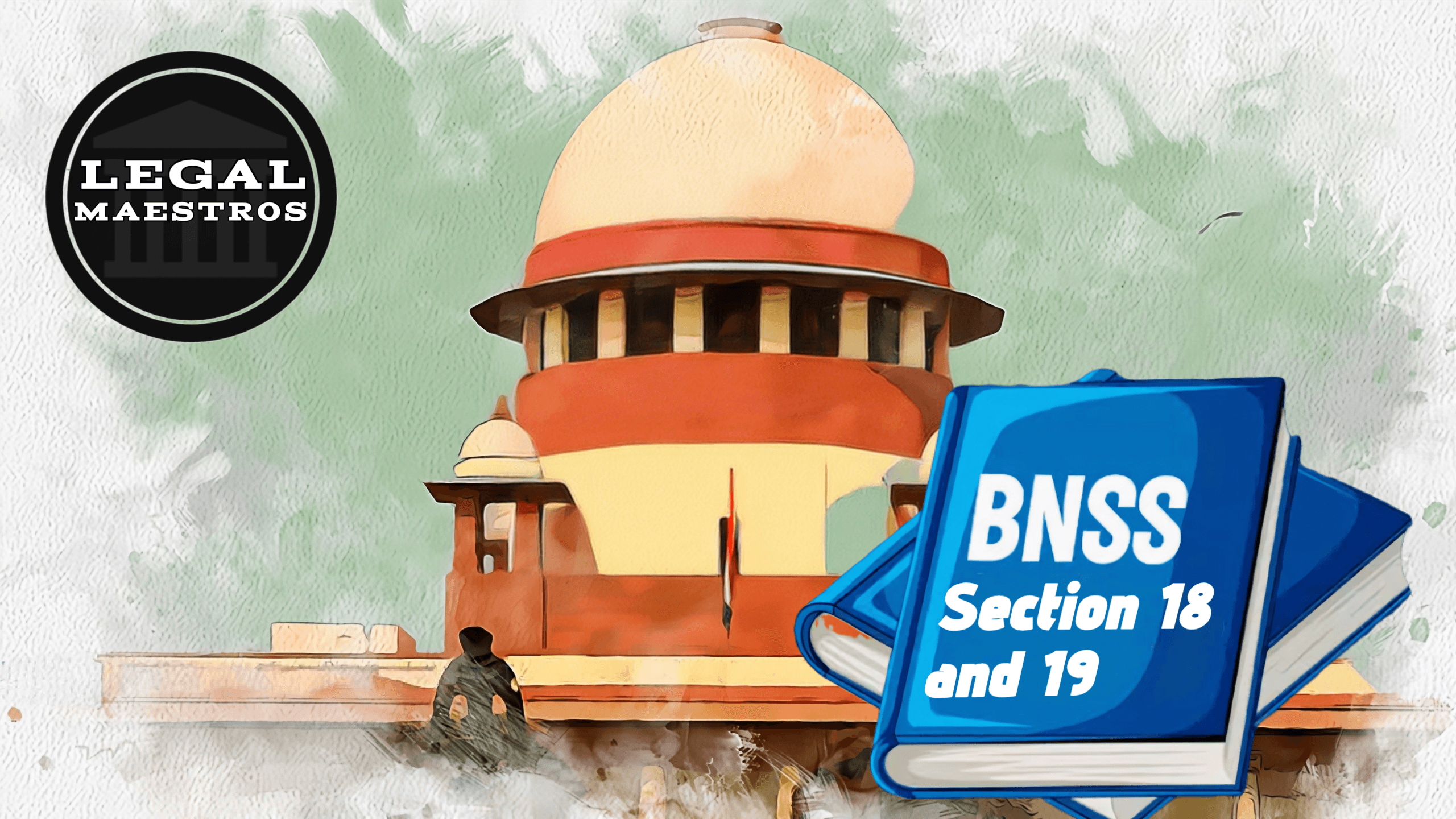
Section 18: Public Prosecutors
In the High Courts, Appointment for
In accordance with the provisions of subsection (1) of Section 18, it is obligatory for the Central Government or the State Government to appoint a Public Prosecutor for each and every High Court. This appointment must be made upon consultation with the High Court in question. In addition, they have the authority to appoint one or more Additional Public Prosecutors, who are responsible for carrying out prosecutions, appeals, and other legal actions of the government’s behalf.
There is a provision that is designed specifically for the National Capital Territory (NCT) of Delhi. To reiterate, the Central Government is the entity that possesses the authority to make these appointments in Delhi, and they do so in cooperation with the Delhi High Court.
Illustration: In the event that a criminal appeal is currently being heard in the Bombay High Court, the State Government of Maharashtra has the authority to select a Public Prosecutor and an Additional Public Prosecutor to handle the case. This decision is made after consultation with the Bombay High Court.
Districts or local areas are eligible for appointments.
In accordance with the provisions of subsection (2), the Central Government possesses the authority to select Public Prosecutors for the purpose of conducting proceedings in any particular city or municipality. It is because of this that the central authority is able to act with flexibility in situations that are of national importance or complexity.
In the event that a case involving terrorism is brought to light in a particular area, the Central Government may choose to appoint a Public Prosecutor who is particularly designated for that district in order to properly manage the case.
For More Updates & Regular Notes Join Our Whats App Group (https://chat.whatsapp.com/DkucckgAEJbCtXwXr2yIt0) and Telegram Group ( https://t.me/legalmaestroeducators )
Position at the District Level Appointment
Every state government is required to designate a Public Prosecutor for each district, and they have the ability to appoint one or more Additional Public Prosecutors as well, according to the provisions of subsection (3). There is the possibility that a Public Prosecutor or Additional Public Prosecutor who has been appointed for one district could also be assigned to another district.
As an illustration, if a Public Prosecutor is appointed in District A and a comparable demand develops in District B, which is next to District A, then the same individual can be appointed to manage both jurisdictions.
Establishment of the Panel
The District Magistrate is required to, in accordance with subsection (4), assemble a panel of suitable applicants for the jobs of Public Prosecutors or Additional Public Prosecutors. This must be done in cooperation with the Sessions Judge. This guarantees that experienced legal minds are selected for further consideration in a manner that is both fair and transparent.
In this illustration, the District Magistrate of Lucknow, in conjunction with the Sessions Judge, would compile a list of advocates who have the ability to serve as Public Prosecutors in that particular district.
Constraints placed on the appointment
In accordance with the provisions of subsection (5), the State Government is not permitted to appoint any individual to the position of Public Prosecutor or Additional Public Prosecutor unless that individual’s name is included in the panel that is prepared by the District Magistrate. For the sake of preserving the honesty and openness of the appointment process, this clause is absolutely necessary.
Cadre-Based Appointment Positions
In situations when a state has a regular cadre of Prosecuting Officers, as described in subsection (6), the cases are addressed. It is imperative that appointments be made solely from within the cadre in situations like these. Nevertheless, in the event that the State Government is of the opinion that there is no suitable individual within the cadre, it has the ability to select a member from the panel that was created in accordance with subsection (4).
A clarification:
The phrase “regular Cadre of Prosecuting Officers” refers to positions such as Public Prosecutor and allows for progression from Assistant Public Prosecutors; it also encompasses other positions.
The phrase “Prosecuting Officer” encompasses a variety of positions, including that of Public Prosecutor, Additional Public Prosecutor, Special Public Prosecutor, and Assistant Public Prosecutor.
As an illustration, if a state like Tamil Nadu has a structured promotion ladder for prosecutors, then appointments ought to come from within that cadre. Choosing an outsider from the panel of District Magistrates is something that the government can only do in extreme circumstances with.
The Criteria for Eligibility
According to the provisions of subsection (7), in order to be eligible for appointment as a Public Prosecutor or Additional Public Prosecutor, a person must have a minimum of seven years of experience working as an advocate.
In accordance with the provisions of subsection (8), the Central or State Government has the authority to appoint a Special Public Prosecutor for any specific scenario or category of cases. The appointee is required to have a minimum of 10 years of experience working in advocacy. A victim may also be permitted by the court to retain the services of an attorney of their choosing in order to provide assistance to the Special Public Prosecutor.
An example of this would be the appointment of a senior counsel with more than 10 years of experience to the position of Special Public Prosecutor in a rape case that is particularly sensitive. In addition, the victim has the option of retaining the services of a private attorney to help the prosecution.
The Experience of Counting
As stated in subsection (9), years of experience working as a Public Prosecutor, Additional Public Prosecutor, or Assistant Public Prosecutor (either prior to or subsequent to the passage of this Sanhita) will be regarded as being equivalent to years of experience working as an advocate.
As an illustration, a person who has worked as an Assistant Public Prosecutor for a period of five years and then went on to practice law for a period of two additional years will be considered to have seven years of experience, which will fulfill the requirements for appointment as a Public Prosecutor.
Section 19: Assistant Public Prosecutors
Appointments Made by the State Government
The State Government is required to designate one or more Assistant Public Prosecutors in each district in order to handle matters that are heard in the Magistrate’s Courts, as stipulated by the first subsection of Section 19. In the course of their work, these prosecutors are accountable for the great bulk of the criminal prosecutions that occur on a daily basis.
In the event that a case of theft is brought before a Magistrate’s court in Patna, the prosecution will be handled by an Assistant Public Prosecutor who has been appointed by the government of Bihar.
Appointments Made by the Central Government
The Central Government is granted the authority to designate Assistant Public Prosecutors to investigate and prosecute cases in Magistrates’ Courts by virtue of the provisions of subsection (2). Especially helpful in situations that fall under central legislation or instances that are of national concern is the fact that this is available.
An illustration of this would be the Central Government appointing an Assistant Public Prosecutor to represent it in a Magistrate’s Court in the event that a cybercrime case involves numerous states and central legislation.
Appointments Are Only Temporary
According to subsection (3), in the event that there is no Assistant Public Prosecutor available for a certain case, the District Magistrate has the authority to designate any individual who is deemed eligible to serve as the Assistant Public Prosecutor for that particular case. It is only possible to make this appointment after providing the State Government with a notification that is fourteen days in advance.
When it comes to this clause, there are some significant caveats attached. An appointment of a police officer is not possible if:
They were involved in the investigation of the case that was being conducted.
These individuals do not hold the rank of Inspector To illustrate, in the event that an Assistant Public Prosecutor is unable to be reached in a case involving dowry harassment, the District Magistrate has the authority to designate a local advocate as a temporary prosecutor. Nevertheless, if the officer who is conducting the investigation in that particular instance is a Sub-Inspector, he cannot be hired because of the conflict of interest and the rank limitation.
For any queries or to publish an article or post on our platform, please email us at contact@legalmaestros.com.

